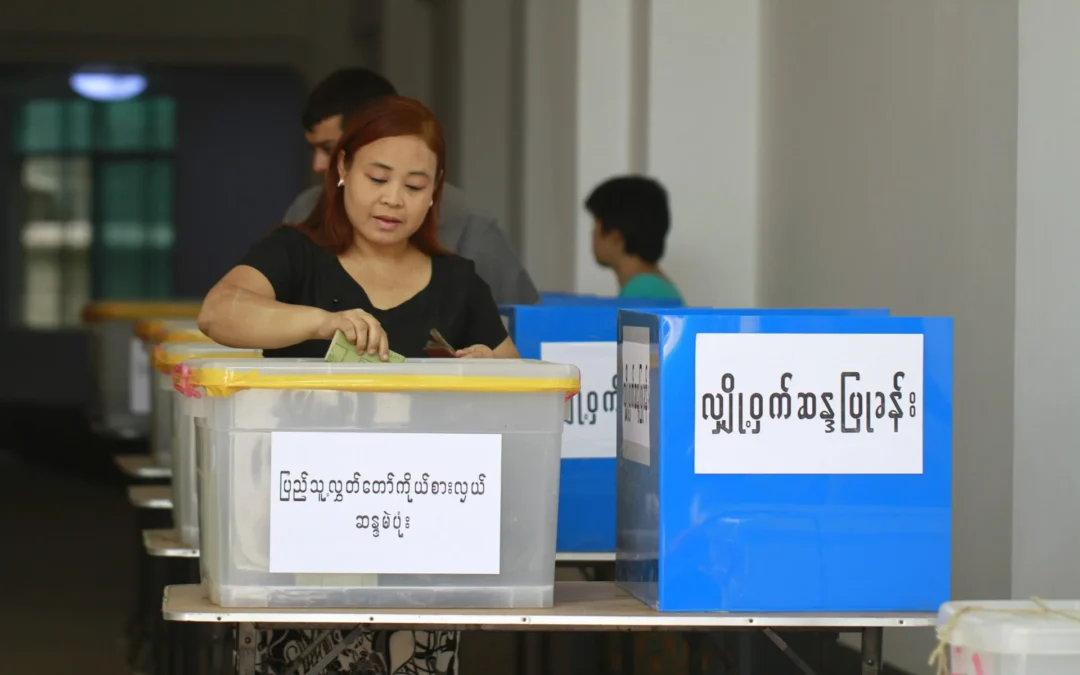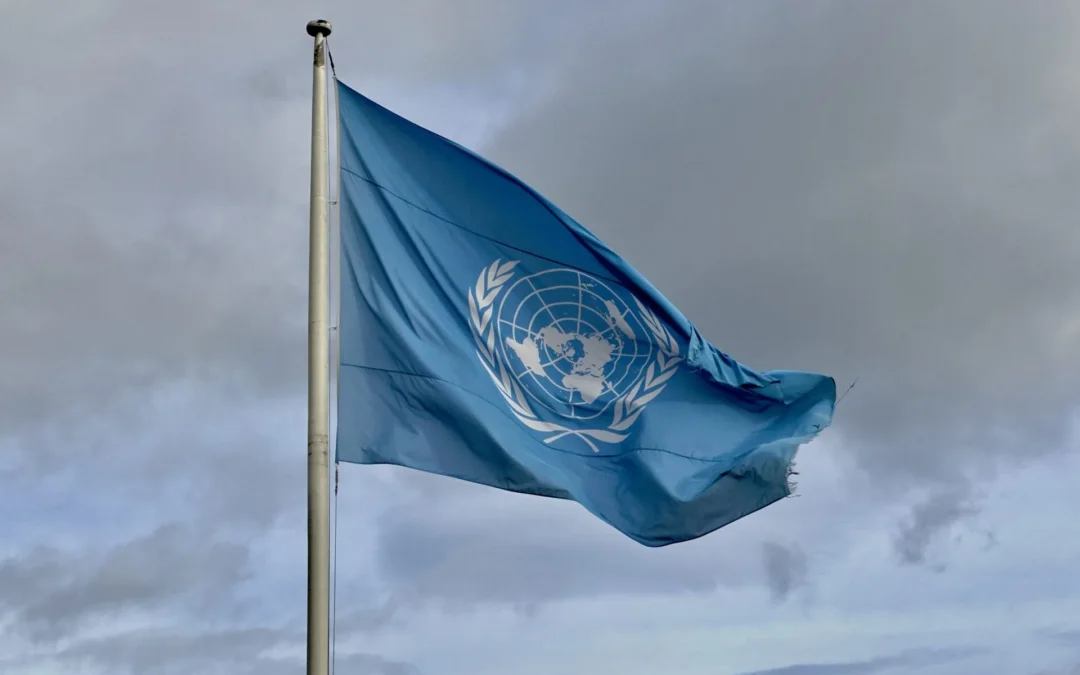At the 25th session of the Human Rights Council, QUNO co-sponsored a side-event entitled “Conscientious Objection to Military Service: Challenges and International Responses”, with the Permanent Missions of Costa Rica, Croatia and Poland. During this side event, which was moderated by Rachel Brett from QUNO, the panellists explored different elements of the right to conscientious objection. The Special Rapporteur on Freedom of Religion or Belief, Heiner Bielefeldt, addressed the philosophical underpinnings of conscience and the right to conscientious objection. Sir Nigel Rodley, the Chairperson of the Human Rights Committee, discussed developments within the Committee regarding conscientious objection. The third speaker, Emily Graham from QUNO addressed the practical implications of refusing military service, including prosecution and imprisonment but also fines, lack of necessary identity documentation and discrimination.

Myanmar “sham elections”: QUNO hosts Quaker House briefing
On 2 December, the Quaker UN Office hosted diplomats at Quaker House for a private briefing in advance of the elections in Myanmar that began on 28 December 2025. QUNO Director, Sarah Clarke, opened the meeting, noting that “the world will be watching carefully to see how the international community responds to the vote.” Sean Dunne, an expert who has supported election observation with the UN and the Carter Center, including in Myanmar, served as an outside briefer. In his remarks, Sean emphasized that the Myanmar general elections, which are being conducted by the military regime that overthrew the democratically elected government following elections in 2020, “fail to meet any recognized international benchmark for credibility or genuineness.” Sean concurred with UN experts, numerous Human Rights organizations, and media outlets describing the elections as a “charade” or “sham election” intended to “solicit recognition from foreign governments and legitimize the continuation of military rule, rather than reflect the genuine will of the Myanmar people.” In Myanmar, voting kicked off on 28 December 2025, with polls being held in roughly a third of Myanmar’s townships. Despite two more voting phases scheduled on 11 and 25 January 2026, several million people, 56 townships, and numerous political parties, including the winner of Myanmar’s last credible election, the National League for Democracy, have been excluded by the military or have chosen not to participate. As Sean explained, these exclusionary factors amount to “an incredibly sophisticated form of election engineering.” The implementation of biometric voting and surveillance technology, new laws criminalizing criticism of the election, and manipulation of representative quotas in Myanmar’s […]





